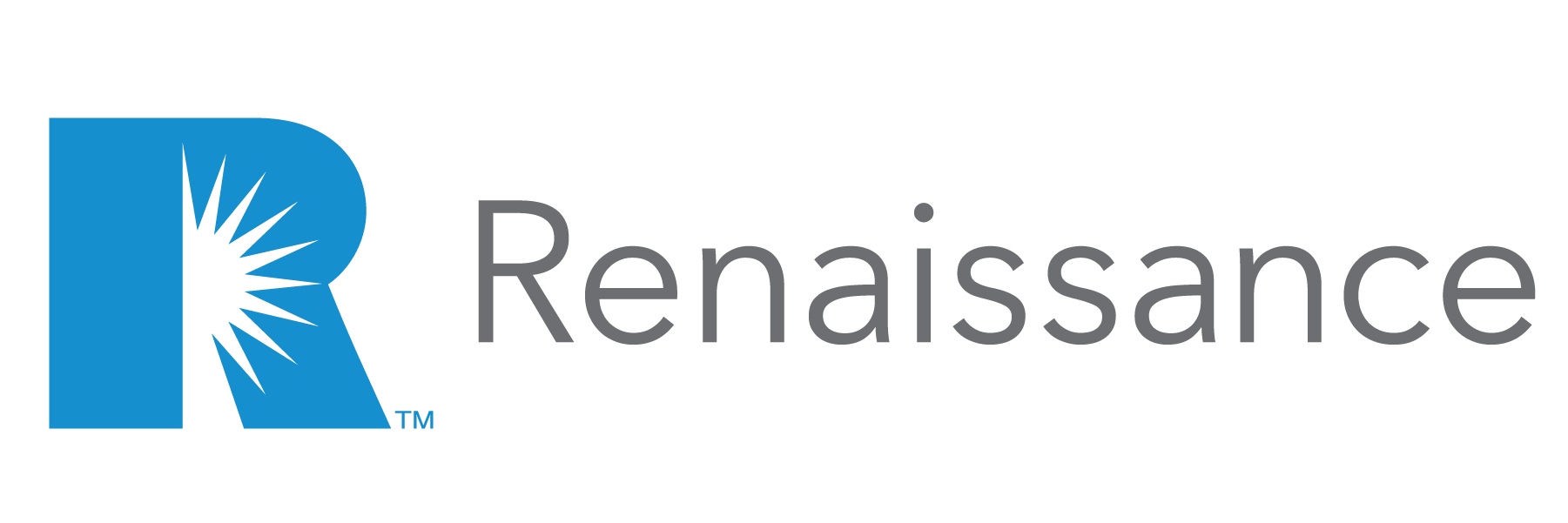Welcome to the new reality of establishing a remote agency workforce. A few weeks ago, most of us were prepared to weather out a snow day or two working from home. None of us suspected that on very short notice, our entire operation would be put on remote status for an indefinite period of time.
As we all adjust our business practices to the new reality and the challenges posed by life in the shadow of a pandemic, some are faced with managing a remote workforce for the first time.
A primary concern of some agency principals is the ability to supervise effectively and a fear that employees won’t be as productive at home as they are in the office. Research shows that with clearly established expectations and frequent communication, such fears rarely prove true. And you have one great advantage in facing this challenge: you’re not starting from square one. You – or in the case of larger agencies, your managers – already know each employee’s communication style, their strengths and weaknesses, and what motivates them. And the employees know you.
But despite that familiarity, with the new situation, things will be different. Familiar workflows, processes, and methods of communication will need to be adjusted without the shared space and face-to-face interactions that grease the wheels. During the transition of your team to remote work arrangements, it’s important to let go of conventional supervisory methods, embrace the “it’s never too much” communication style, engage in collaboration, and set clear expectations.
Let’s walk through success factors one at a time.
1. Bring your top leadership game. Acknowledge the unique situation you all find yourselves in. Some people on your team will embrace the change and adapt readily, but others may be unnerved by the new circumstances. They may worry about health, money, job security, or their ability to perform successfully in a new environment. It’s time tap into your top leadership and motivational skills. Encourage your staff, tell them you trust them, and reassure them that as a team, you will get through any challenges that you face. Be the calm in any chaos. See: How to Lead Through a Crisis.
2. Set expectations. Explain that because circumstances are different, it’s critical to everyone’s success to have shared expectations and ground rules. Start by reiterating your agency’s core mission, values, goals, and service expectations. Let your team know you count on each and every person to play a key role in meeting your agency’s mission. Acknowledge that the transition may be an adjustment, but that having clear, shared expectations will help to smooth over any bumps.

3. Establish clear ground rules. Set a consistent work schedule to ensure a service standard to internal and external customers. Set clear availability expectations and schedule requirements, as well as rules on acceptable response times to both team members and customers. Specify productivity requirements within a clearly defined structure of appropriate behaviors. Set guidelines on what should be accomplished and how it will be measured. Measuring results and accomplishments within an accountability framework rather than time worked, is more likely to drive productive outcomes. It’s not about micromanaging; rather, it’s about setting the expectation, measuring the outcomes, and coaching along the way.
4. Equip your team for success. Your remote team will need the technology and tools to successfully communicate, collaborate, and connect, as well as to maintain a high level of client service. See Michael Freilich’s post on Tech Tools for Your Insurance Agency’s Remote Operations for guidance. Outline the technology hardware and software that you will provide to your staff and what you expect them to provide. Verify that your required internet connectivity can be met. Determine the security and virus protection requirements if staff will be using personal devices and networks. It’s also important to reiterate client privacy requirements. Phone calls, computer screens, and paperwork should adhere to mandated privacy guidelines.

5. Offer guidance for a safe, productive workspace. Working at a kitchen table or with a laptop on the couch is not ideal for productivity, but your staff didn’t choose to work at home, circumstances dictated it so they may need to work with what they have. At minimum, offer guidance to keep them safe: See How to Set Up a Home Workstation to Avoid Muscle Strain, Headaches, and Sore Eyes. For more permanent arrangements, you may want to review pictures of the work station or conduct a worksite visit.
6. Communicate, collaborate, and communicate again. Daily video huddles, weekly check-ins, and video coaching sessions are critical to keeping your remote employees motivated and engaged. It’s important for leaders and team managers to put time and effort into connecting with remote employees. Regular and purposeful communication and collaboration will bridge the social gap that often occurs with remote employees and help to ensure that each person will be a productive and committed part of the team. In a day, we spend more of our waking hours with our co-workers than with our family, and personal connections at work contribute to happiness and satisfaction. Without this interaction, remote employees may lose a sense of purpose and feel isolated and lonely.
7. Engage with your remote team over multiple channels. Everything doesn’t have to be about email or phone calls. There are many communication and collaboration tools available such as Microsoft Teams, Google, Slack, Zoom, Skype, free screen sharing programs, and many platforms to enable video calling. (We refer you again to Michael Freilich’s post that includes links to many of these communication tools. Tech Tools for Your Insurance Agency’s Remote Operations) Require the use of computer camera during calls and meetings and use video calls or chats before typing an email. Face-to-face communication boosts engagement vs. email, which often leads to miscommunication in tone or context. Since 70% of communication is nonverbal, video calls allow for clearer and more efficient communication and a personal connection that is lost in email.

8. Maintain your agency’s culture. Get creative to maintain interpersonal connections. Take a little time at the start of each meeting to exchange greetings. Set aside time periodically to talk about the remote experience and share productivity tips. What do they like best about working remotely? What are the biggest challenges they face? Don’t forget to work in a little levity and humor, such a “bring your pet to work” meeting day
9. Encourage balance. While it’s common for managers to worry that employees will not be productive enough, it’s less common for them to worry about employees working too much. Yet a potential byproduct of working from home is overworking, since there is no distinction between work hours and home life. This can lead to burnout and dissatisfaction. Work with your team to strike the right balance between work life and home life.
10. Brush up on employment law. As an employer, you must know your obligations under federal and state employment laws, particularly the new Families First Coronavirus Response Act. Be prepared to accommodate employees with FMLA either if they need time for COVID19 or to care for an eligible party with COVID19.
With any challenge comes opportunity. While the remote workplace found you rather than the reverse, embrace this as an opportunity to sharpen your agency’s technology skills and build a more flexible work team. The remote workforce has grown 173% in the last 15 years (Global Workplace Analytics) and remote workers take fewer sick days, fewer breaks, and are more 13% more productive than their in-office counterparts (Stanford Graduate School of Business. ) The path to a motivated and productive remote agency workforce starts with robust and consistent communication, seeking ways to collaborate, leveraging collaboration technology, and setting clear expectations.
Jean Klein, AIS, CPCU is an Agency Growth Partner at Renaissance Alliance. Connect with Jean on LinkedIn.






